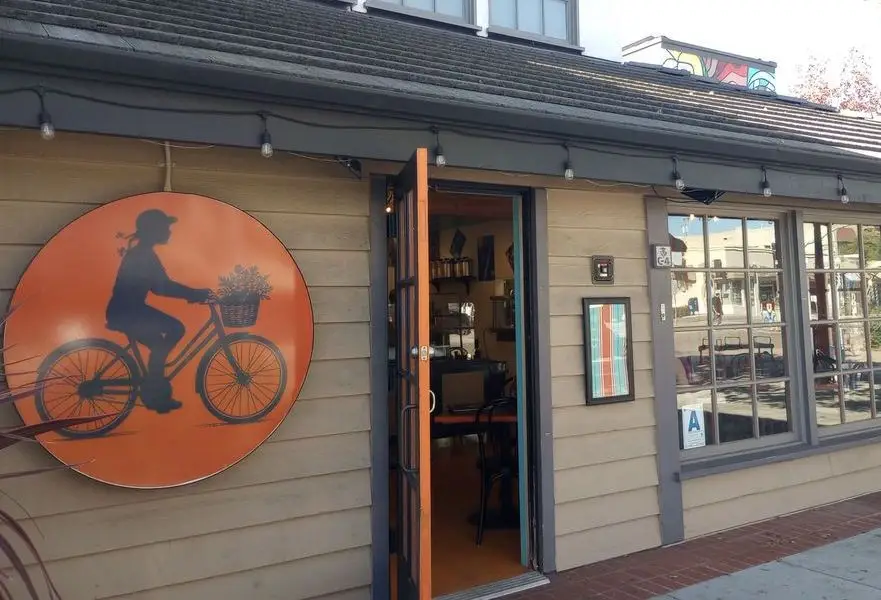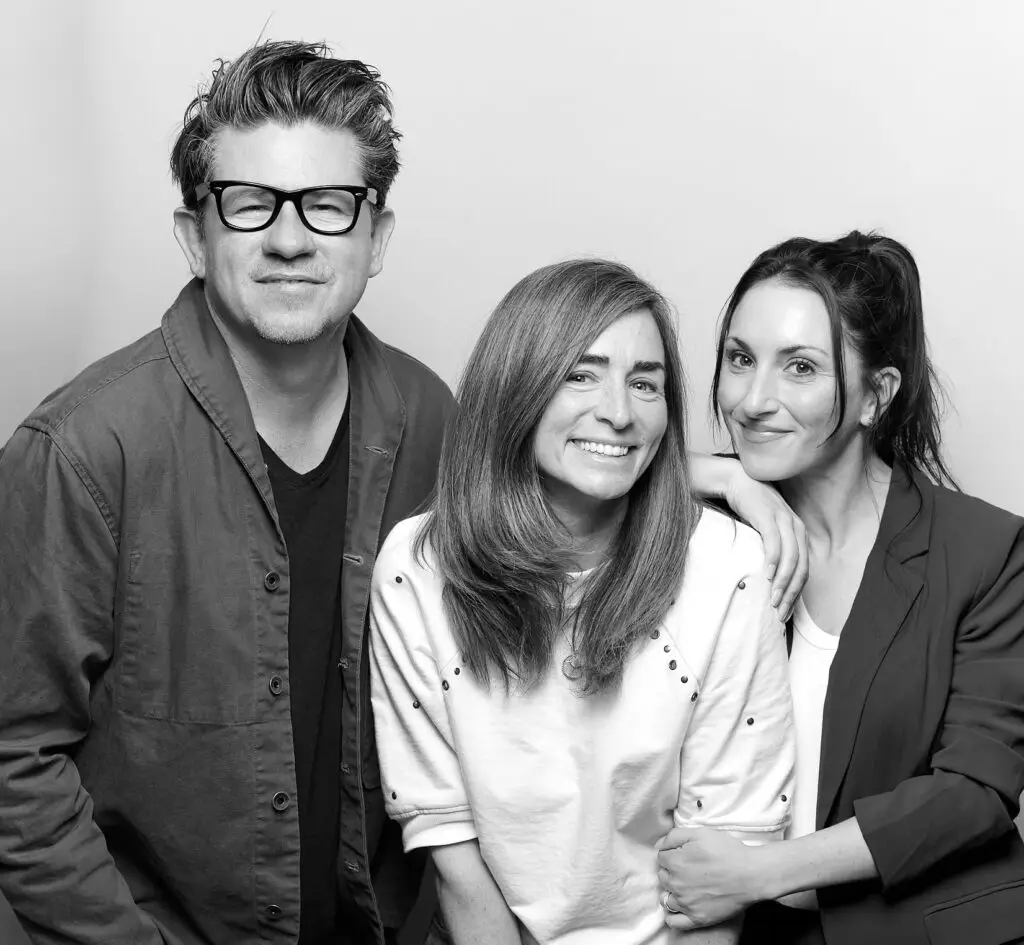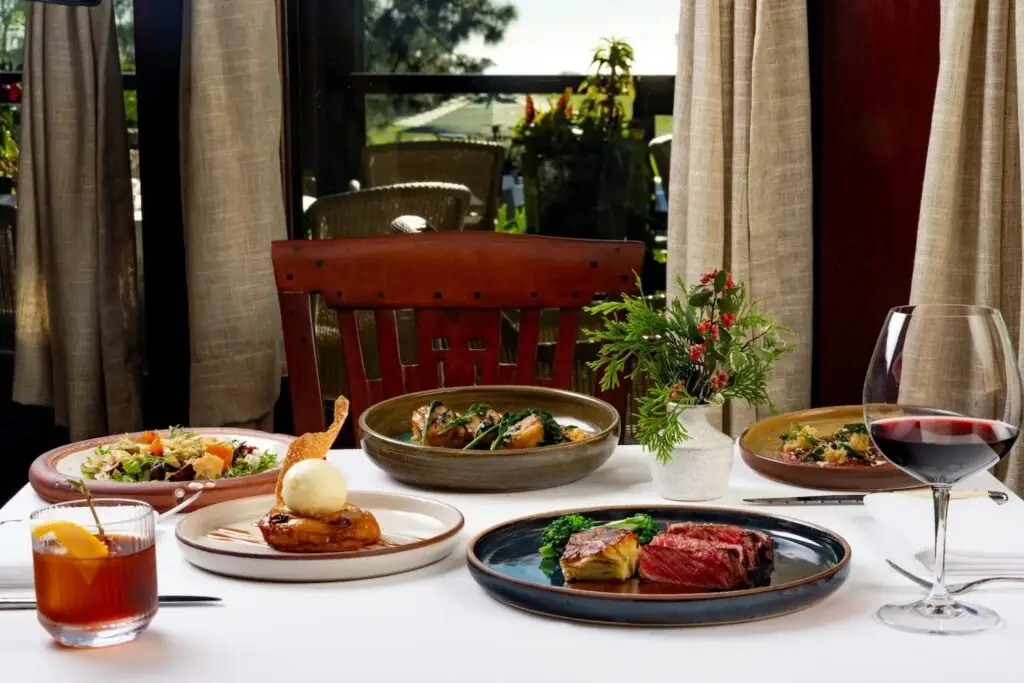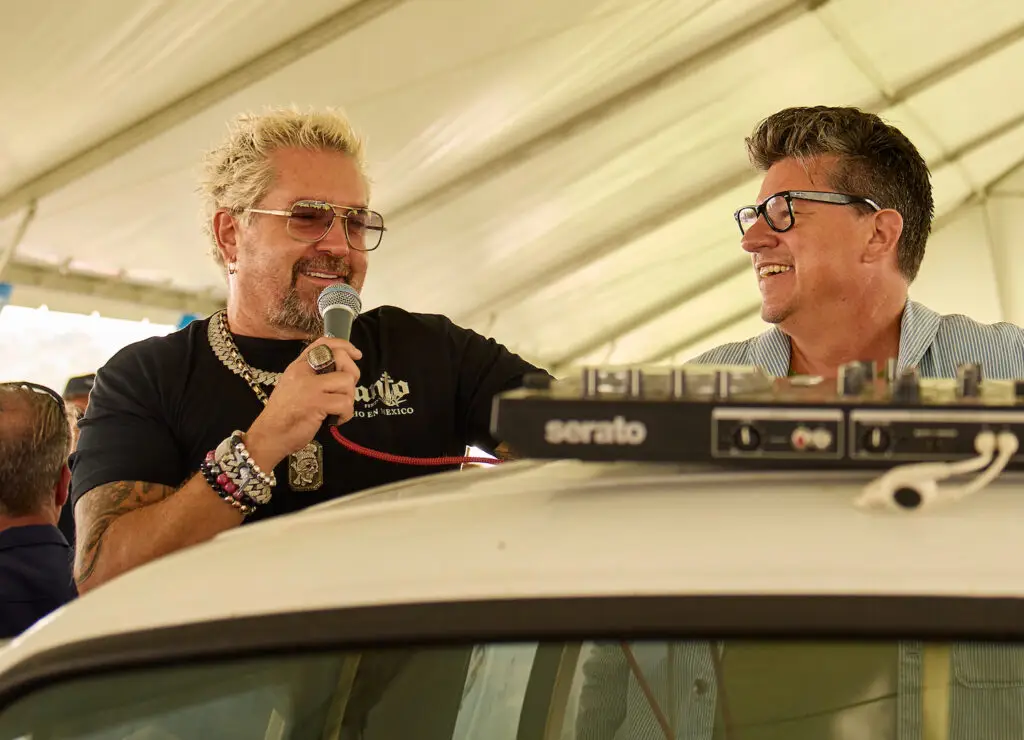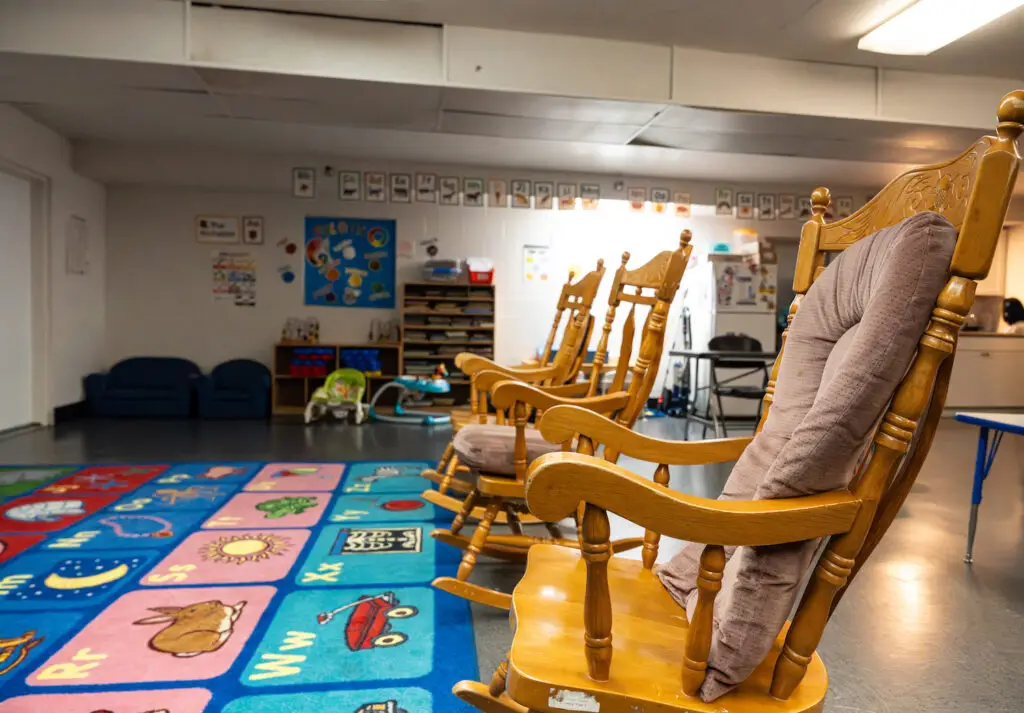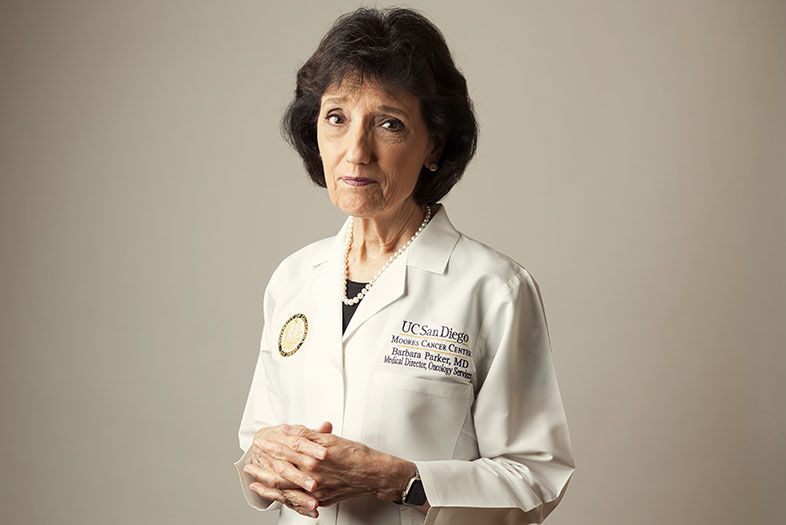Breast cancer is a very different disease now than when I entered practice in the late 1980s. Not only do we have new treatments, we have better surgery, better radiation, better chemotherapy, and better hormonal treatments. These treatments have improved cure rates and have allowed many patients to live with cancer as a chronic disease. None of these advances would’ve been possible without clinical trials and scientific research. If the disease can be managed effectively for years, then other drugs may come along that can prolong survival. We don’t have any easy cures for advanced disease, but patients are living longer with much hope on the horizon.
Breast cancer is not one disease. Tumors are like snowflakes—each is different in its DNA profile. Therein lies the opportunity to personalize treatment, but also the challenge of knowing how to do that for each patient. We review these molecular profiles and match patients to clinical trials when possible, and to FDA-approved treatments if available. With the patient’s permission, we also collect this information to learn how we might treat similar patients in the future.
New developments on the horizon that most excite me are drugs that harness the immune system to attack cancer, vaccine approaches, new drugs that may interrupt the spread of breast cancer, and new drugs that target specific DNA changes in cancer cells. Given the complexity of breast cancer, multiple approaches will likely be required to increase cure rates.
My inspiration comes from my brave patients. I have patients I’ve followed for decades who have watched their children grow up, graduate from high school and college, and get married. We share tears of joy when we reach these happy milestones. And sometimes we share tears of sadness when the disease comes back or when treatments aren’t working. Through it all, I tell the patients that my team and I are there to support them.
When I meet patients with early or advanced breast cancer, I reassure them that we’ll walk the journey with them. The patient doesn’t have just one doctor but a team of doctors, nurses, advanced practice providers, and other professionals. Many patients are distressed or anxious, and we collaborate with counselors to focus on wellness care and coping strategies. We believe in treating the whole patient and involving the whole family.
What I’ve learned over my 30 years in practice is that it’s important to partner with patients and learn from them. Each patient has a unique family history, unique priorities in life, and a unique tumor. That partnership is a privilege and a sacred obligation. It keeps us inspired to work each day to make our patients’ lives better.

An Oncologist on Why the Patient Partnership is Sacred
PARTNER CONTENT
Photo by Priscilla Iezzi

